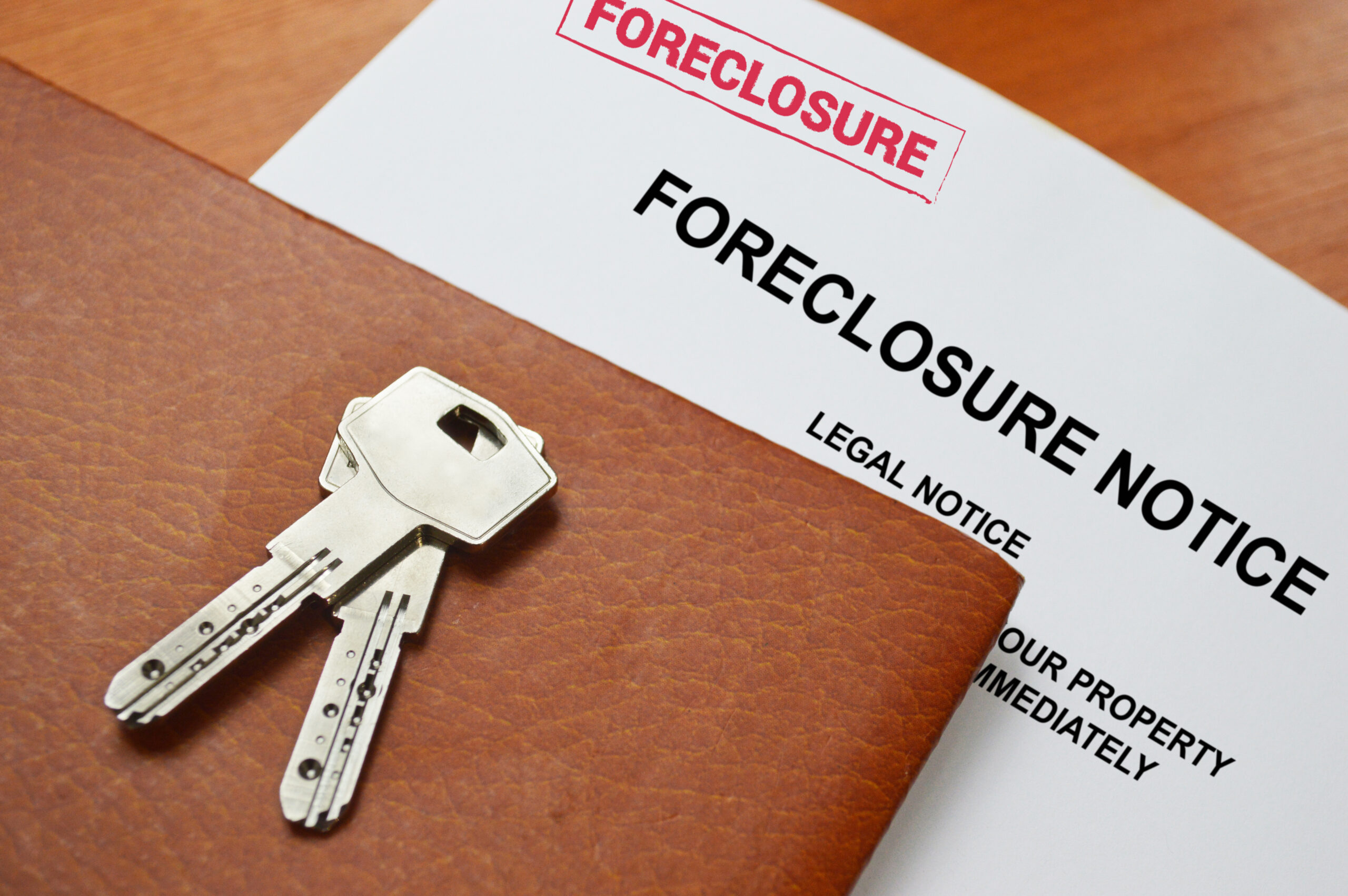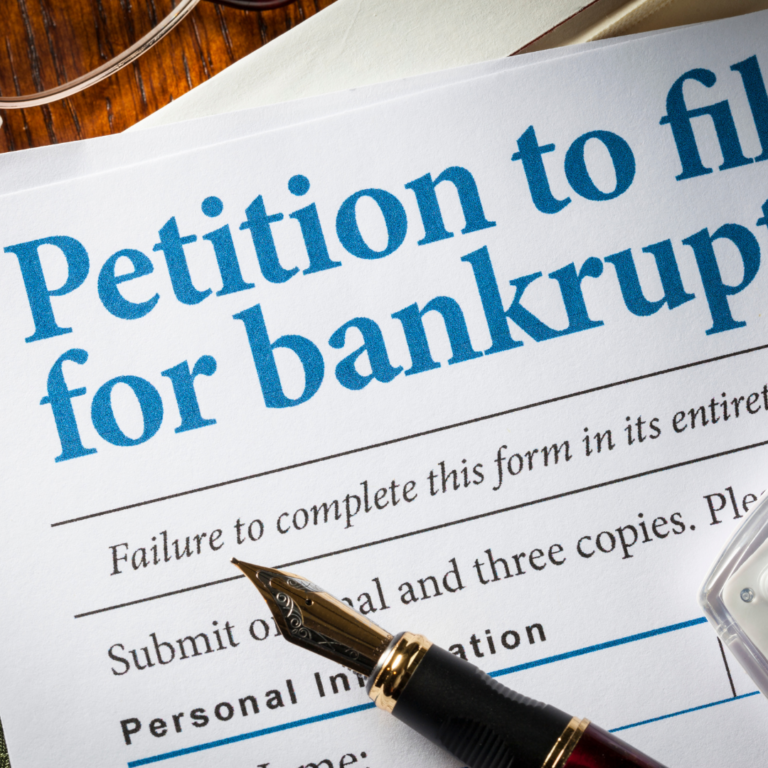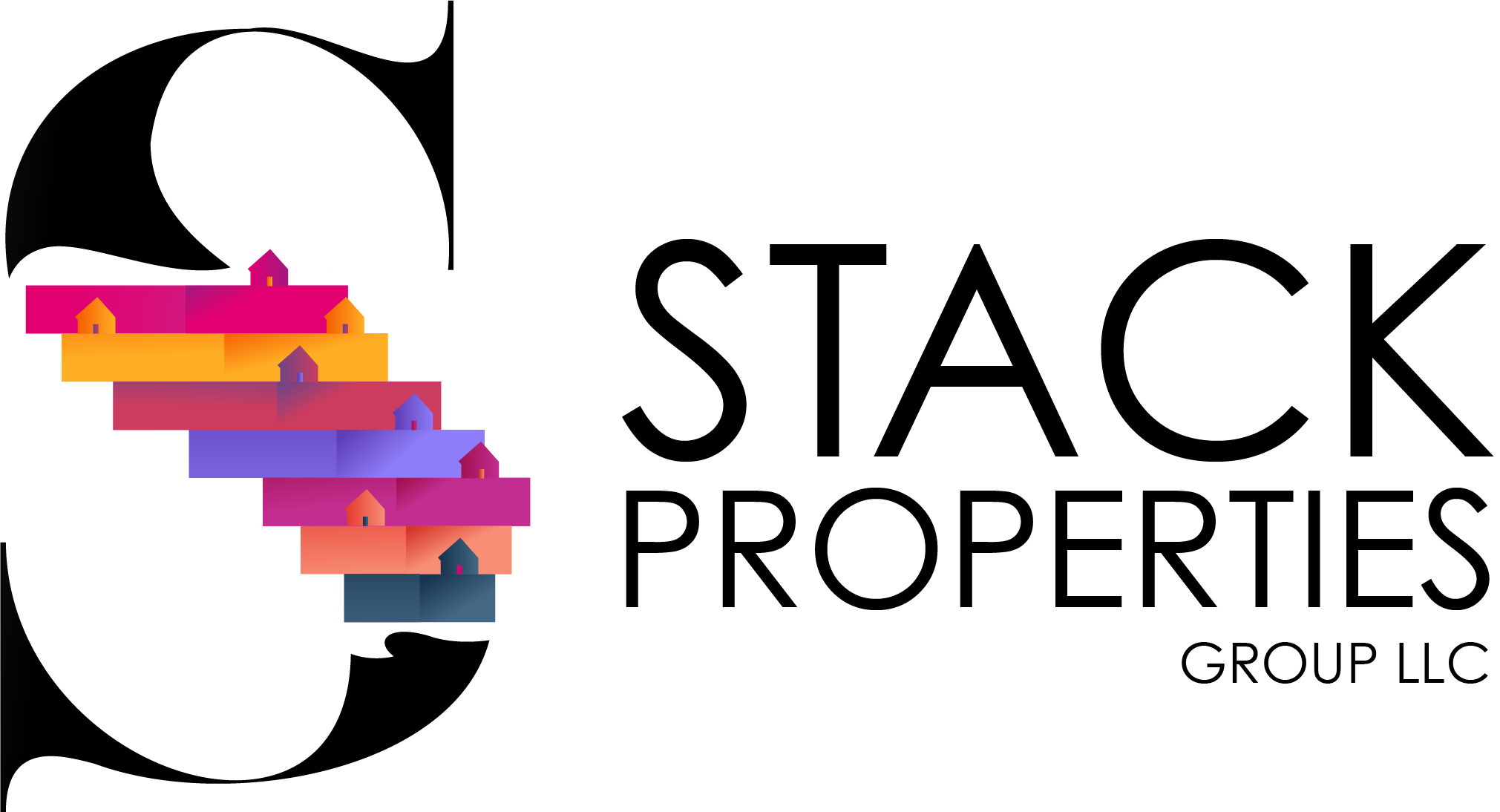Can Foreclosure Be Stopped Once Started?
10 Ways to Stop Foreclosure Before Auction Date

Are you or someone you know facing the possibility of foreclosure? Receiving a Notice of Default or a Notice of Sale can be one of the most overwhelming experiences for any homeowner. Foreclosure is a complex and stressful process that can leave a lasting impact on your credit score and cause emotional and financial strain for your family. Fortunately, you have options, even if the process is already underway. Let’s explore some of the ways to stop foreclosure before the auction date.

Ask a Family Member or Friend for a Loan
Sometimes, when dealing with the emotions and tribulations of our situation, we forget that there are people who care about us and can lend a hand, even in the form of a temporary personal loan. Depending on the arrearages, a small loan from a family member or friend can help you catch up on your mortgage payments and stop the process.
However, if you decide to take this path, treat the loan like any other loan to safeguard your relationship with this person. Discuss terms, interest, and payments and outline them in a formal document that both parties can agree and sign to formalize the process with clear points and parameters.
Personal Loan
Private lenders typically offer this type of loan, also known as a bridge or hard money loan, to provide short-term financing to help homeowners get back on track with their mortgage payments. To obtain a personal loan, you’ll need to be in good standing and have some cash reserves to demonstrate your ability to pay the loan. It’s important to note that personal loans often come with high-interest rates, typically around 18% or more, depending on the lender’s terms. Additionally, just like with the mortgage, if you default on the loan, the lender may have the right to foreclose on the property, putting you back at square one.


Loan Modification
One of the most common options to stop foreclosure is negotiating a loan modification with your lender. You can do this by contacting your lender and explaining your financial situation. A loan modification can reduce your monthly payments or extend the loan term, making it easier to keep up with your mortgage payments.
Although it’s easy to dwell on the emotions triggered by the foreclosure, a loan modification requires you to act quickly and as early as possible. Unfortunately, the process can take weeks, so it’s recommended to give the lender at least 37 days before the auction date.
Requirements may vary from lender to lender, but to be eligible, you must make at least two times your mortgage payment in income per month, provide proof of employment, and be current on all taxes. Also, you cannot have filed for a loan modification more than twice in a year and will also need to provide a “letter of hardship” explaining why you fell behind on payments and why it is no longer an issue.
Consider Government Foreclosure Prevention Programs
You may also be eligible for government foreclosure prevention programs depending on your situation and the circumstances that led you to default on your payments. Some of these programs can be found at the Department of Housing and Urban Development (HUD) and might include aids like the Hardest Hit Fund (HHF) or resources like HUD-approve housing concealing agencies and (888) 995-HOPE. Other organizations and non-profits like Neighborhood Assistance Corporation of America (NACA) and its HomeSave program might also provide help.


List Your Property for Sale Using a Real Estate Agent
(Selling Your House in the MLS)
Although keeping your home might be your priority, sometimes there is no other option but to sell your house to protect your finances, credit, and your family’s potential future. If you decide to sell, you can sell it on your own or enlist the help of an experienced real estate agent. However, just like the loan modification, selling your house in the market requires time, so acting as soon as possible is recommended to have enough time to deal with whatever delays might happen during the process.
When selling, there are a few things you should keep in mind, like market value, conditions of the house, money owed to the bank, closing costs, and commissions that would need to be paid to the agent helping you sell. In some instances, –depending on the house’s equity- you might still have to pay some money out of pocket to close the deal and pay your mortgage.
Short-Sale
A short sale is a real estate transaction in which the seller sells the property for less than the outstanding balance of their mortgage. To complete a short sale, you must obtain approval from your lender, who will need to agree to forgive the remaining balance of the loan. Short sales are typically used when a homeowner faces financial hardship and cannot continue making their mortgage payments but wants to avoid foreclosure. While a short sale can be a good option for some homeowners, it can also be a complicated process and may still negatively affect your credit score and financial future.


Sell the House for Cash
Selling your home for cash can be an attractive option for homeowners facing foreclosure. This approach involves finding a buyer willing to purchase the property outright without needing a mortgage or traditional financing. One of the main advantages of selling a home for cash is the speed and simplicity of the process. Since there is no need to wait for financing to be approved or for the property to be appraised, the sale can often be completed much more quickly than a traditional sale.
There are many cash buyers in every market, and if you received the Notice of Default, some of them might have already contacted you or even knocked at your door with an offer.
However, not all cash buyers are created equal. Beware of scammers or people that use fear and intimidation to push their offer. Don’t let anybody intimidate you into selling your home.
Reputable cash buyers usually offer terms such as paying for closing costs, agent fees, purchasing the home as-is, and even paying for moving expenses or helping the seller find their next home.
Note that homeowners may not receive as much money for their property as they would through a traditional sale since cash buyers often expect to receive a discount in exchange for the convenience and speed of the transaction and buying the home, no matter its condition.
Creative Financing
Creative financing may be an option for homeowners who were not approved for a loan modification or short-sale, who might not want to sell to a cash buyer, or might be running out of time and at risk of going into the auction. Creative finance refers to alternative methods of financing a property beyond traditional mortgages and bank loans.
In the case of a foreclosure, the most common creative finance strategy is refer as subject to or subto. This refers to the agreement between seller and buyer, where the buyer becomes responsible for paying the arrears, reinstating the loan, and paying the remaining monthly mortgage payments as they become due. In exchange, the seller transfers the title to the buyer and receives a down payment if that was agreed upon in the purchase contract.
The main benefit of this process is that it will stop the foreclosure, save your credit score and even improve your score since payments will continue to be paid on time. Just ensure that your purchase contract includes a clause that defines what happens if your buyer ever defaults or becomes incapacitated to continue with payments.
This transaction should be done through a Title Company that would manage the paperwork and a servicing company that would make sure payments are done in time.


Joint with a real estate investor to renovate and sell the house
Create a joint venture with a reputable house flipper to fix and sell the house at top market value dividing the profits after paying the mortgage, including arrears. This requires the house to have enough equity to create an attractive profit for the flipper, who will run with the costs and responsibilities of renovating the house.
When selecting a flipper, make sure that they have vast experience doing this and that a contract is drawn stating each other’s responsibilities, timeline, and spread of profit.
Bankruptcy
Even though bankruptcy can’t be considered an option to stop the process, it is an option to delay the foreclosure extending the time you have to catch up on missed payments. However, it is important to note that legal fees and interest will continue to accrue on your home during this period, which you will have to pay eventually.
However, note that bankruptcy should only be considered a last resort due to the long-term consequences for your credit score and your future ability to potentially apply for any credit card, car loans, and even certain types of jobs. In addition, a bankruptcy in your credit history can also prompt banks to only offer you higher interest rates and less favorable terms if they decide to give you credit.

Other options include Deed in Lieu of Foreclosure. A deed in lieu of foreclosure is a voluntary agreement between you and your lender to transfer ownership of your property to the lender in exchange for the forgiveness of your outstanding mortgage debt. Usually, you must try to sell your home for its fair market value for at least 90 days before a mortgage company will consider it. This option can be less damaging to your credit score than foreclosure, but it does require you to give up your home. To be eligible, you must have no other liens on the property (such as second mortgages, judgments from creditors, or tax liens), be current on your mortgage payments, and demonstrate a financial hardship that prevents you from continuing to make payments.
If you are late in payments but have not been served a Notice of Default, seek the free help provided by HUD, like free foreclosure prevention workshops, which you can find on www.hud.gov under your state’s page.
No matter which option you choose, it’s important to remember that there is hope, and there is help available. Don’t be afraid to seek assistance from a professional or a trusted friend. We are here for you and want to help you find the best solution for your unique situation. You don’t have to go through it alone.
Just keep in mind that it’s crucial to act quickly and explore all your options. With persistence, knowledge, and the right resources, it is possible to save your home and avoid the devastating effects of foreclosure.
Recent Articles
01

Steps to Take After Receiving a Foreclosure Notice
Facing foreclosure? Explore our guide to understand your rights, take immediate actions, and learn options to regain financial stability and avoid scams.
02

Step-by-Step Guide to Understanding Foreclosure
Empower your journey through foreclosure with our step-by-step guide, from initial missed payments to reclaiming your future.
